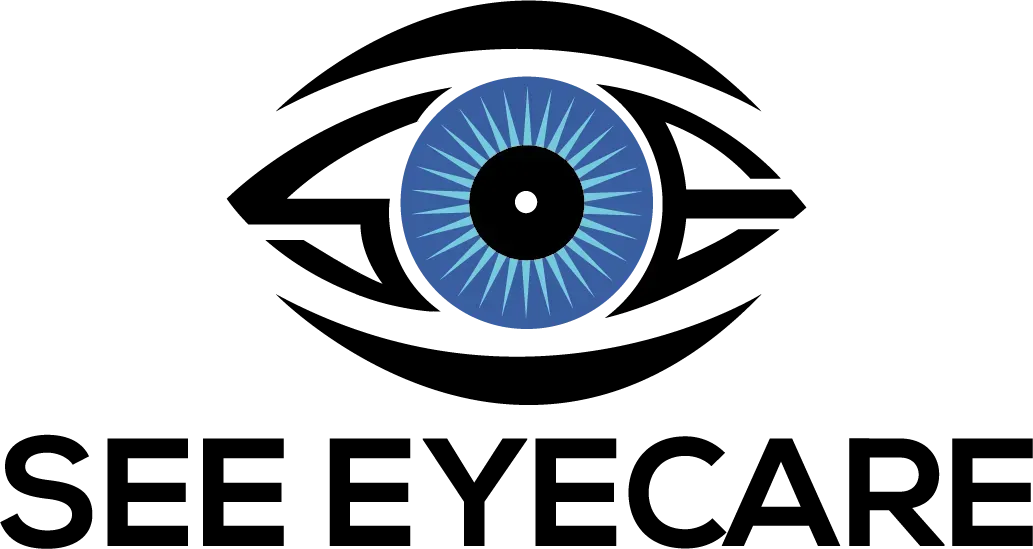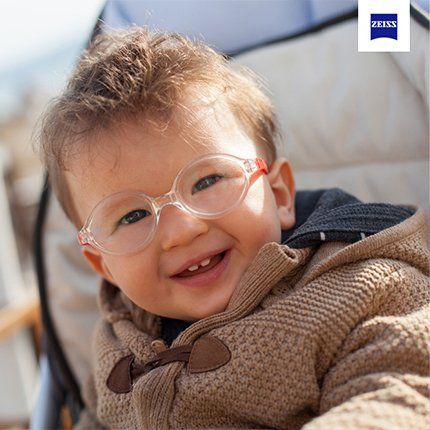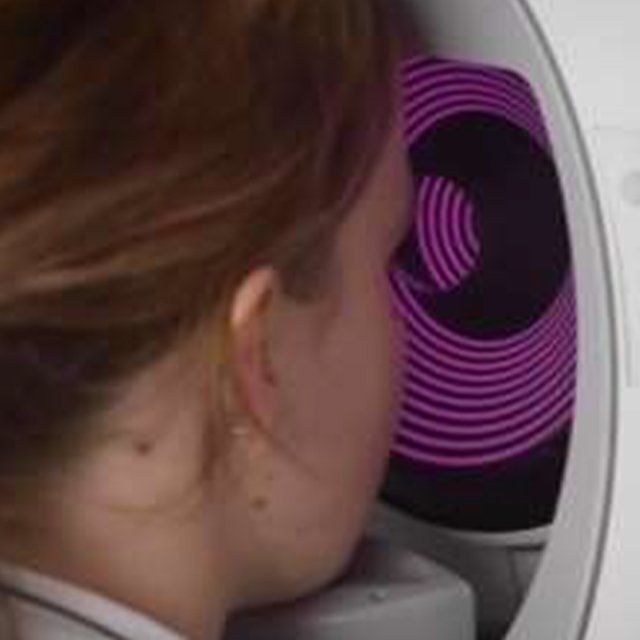CHILDRENS EYECARE
Our optometrists are experienced in providing eyecare for children. We keep up to date with the latest research for best treatment of eye conditions in children.
Our optometrist, Beth Trevor, has completed further education regarding eye examinations and treating eye conditions in children. Both Brooke and Beth enjoy working with children and know the importance of making the eye tests fun and interesting so children feel more comfortable when coming in for an eye examination.
CHILDREN’S VISION ASSESSMENTS
Children’s vision assessments can be performed on children of any age to determine if an eye problem exists. Any eye problems are then investigated and the appropriate care for the child is planned and dispensed in consultation with parents and other professionals if necessary.
Children's Eye Test
Children's Eye Test Launceston
STRABISMUS (EYE TURN) AND AMBLYOPIA (LAZY EYE)
The treatment of strabismus can involve the use of spectacles, patching, eye exercises (vision therapy) and in the more severe cases, referral for surgery.
The treatment for amblyopia can involve the use of spectacles eye drops and/or patching of an eye.
For best visual outcomes children should be examined and a management plan implemented as young as possible. Amblyopia can not be successfully treated for children over 10 years old.
We are able to utilise all of these treatment modalities to gain the best outcome for our patients. Our consultations and treatment sessions allows valuable discussion time with parents to explain the options for all treatments available using best evidence-based practice.
MYOPIA CONTROL
Myopia is an eye condition where an individual cannot see well in the distance, it is often referred to as short-sightedness. Myopia generally occurs due to an increase in eye size/length, it is much more likely to occur if one or both of your parents are also myopic. Myopia is also more prevalent in individuals with Asian heritage. Myopia can progressively worsen in children and teenagers until their mid 20’s. Although a myopic person’s vision can be corrected with glasses and/or contact lenses, high myopia can be associated with severe eye health problems. These eye diseases include, myopic maculopathy, retinal detachment, cataract and glaucoma. An appropriate management plan performed in a timely manner is crucial.
Treatment of progressive myopia may include the use of spectacles, specialised soft contact lenses, orthokeratology (ortho-K) rigid contact lenses or atropine eye drops therapy. Our optometrists also approach myopia control in a holistic manner and will provide lifestyle advice and counselling for patients and their family members. Extensive studies have proven these methods to slow and sometimes stop the progression of myopia, with the aim of preventing myopia related eye disease.



